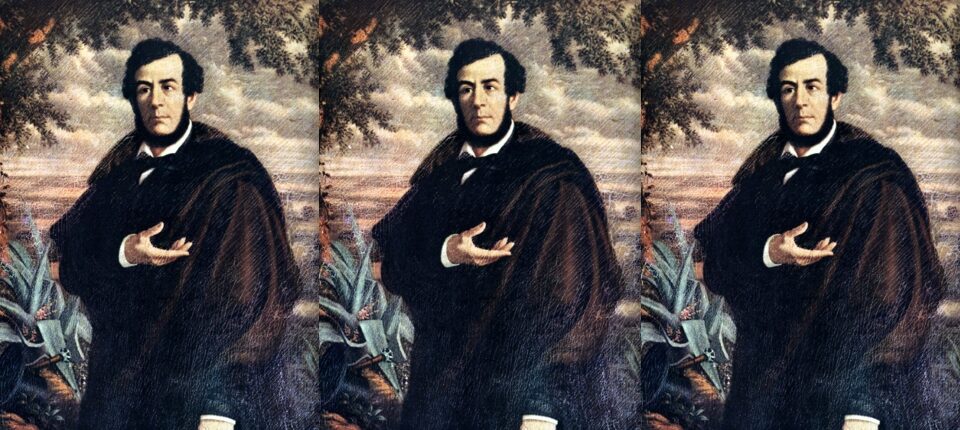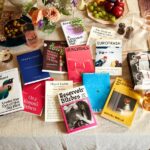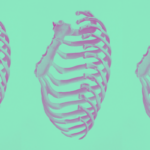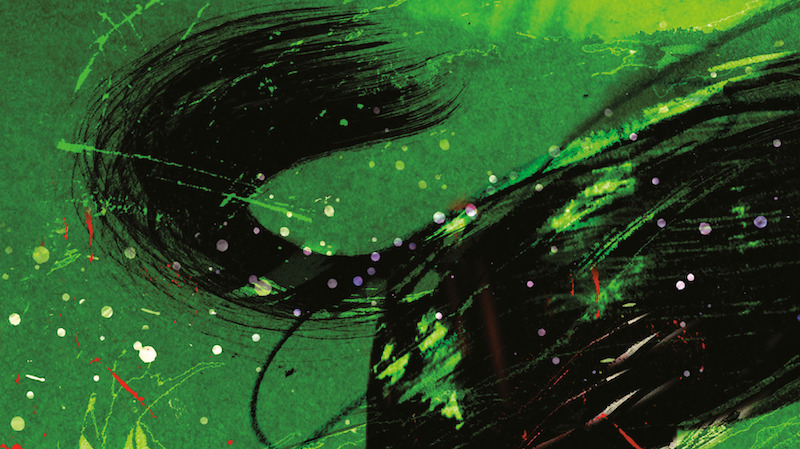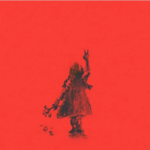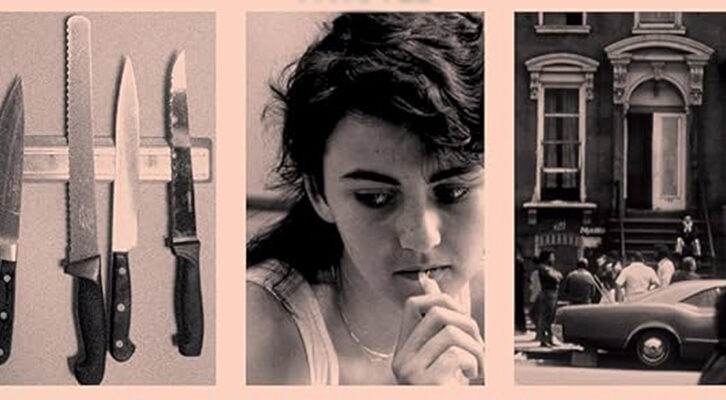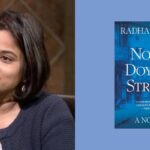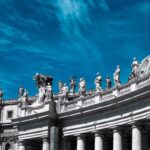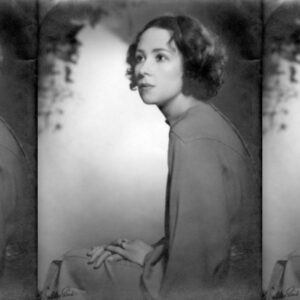-
“Books release my imagination from confinement.” Incarcerated writer Robert Lee Williams on access to literature and feeding his craft. | Lit Hub Memoir
-
“One doesn’t fix a polluted information stream simply by diluting it with truth.” How Big Tech can stop the disinformation it currently spreads. | Lit Hub Tech
-
“I’d rather have a flux than a period, I think. At least noun like flux and flow can be turned into usable verbs.” On the etymology of periods. | Lit Hub
-
Daniel Mendelsohn recounts teaching The Odyssey to a group of undergrads—and his 81-year-old father: “I worried that my students had, in the end, been put off by his gruff attitude toward the text and confused by his evident disdain for my teaching of it.” | Lit Hub Memoir
-
Ann Patchett’s Tom Lake, James McBride’s The Heaven and Earth Grocery Store, Patti Hartigan’s August Wilson: A Life, and Paul Murray’s The Bee Sting all feature among August’s best reviewed books. | Book Marks
-
“Kafka’s blunt declarations do more than bemoan his lapses in progress. They also express, with melodramatic flair, his feelings of entrapment.” Charlie Tyson on Kafka’s diaries. | Bookforum (!)
-
Tajja Isen wonders: Who is Goodreads for? | The Walrus
-
“Animal characters, both in word and image, are ciphers in a code, a way of saying or depicting what can’t be said or shown openly.” Marina Warner on Kalīlah wa-Dimnah and the animal fable. | The Public Domain Review
-
Helen Lewis digs into the absurdity of blurbs (and coins the unforgettable term blurblejerk.) | The Atlantic
-
“Chagrin, in Margo Jefferson’s hands, is a flashlight aimed down a dark path, illuminating the way forward.” On criticism after #MeToo. | The Point
-
Dilara O’Neil on Nora Ephron’s divorce plot: “It’s the falling out of love that moves the narrative forward, because singledom, as Rachel quips, is where plot exists.” | The Nation
-
John Green discusses book bans in his home state of Indiana. | New York Times
-
“Palahniuk targeted the parents who raised their kids to believe in such universal uniqueness, whereas now those same parents seem to take aim at anyone foolish enough to believe them.” Jonathan Russell Clark profiles Chuck Palahniuk. | Esquire
-
Read a novella by Bryan Washington. | The New Yorker
-
“Maybe it’s foolish to lament the proliferation of characters defined by grief at a moment when grief can be a personal brand—one I can’t seem to stop consuming.” Jessie Gaynor considers television’s shortcut to character development. | Dirt
-
Lauren Lassabe Shepherd looks into the founding (and funding) of conservative media on college campuses. | Lapham’s Quarterly
-
A forgotten sketch of Winnie-the-Pooh and Piglet, discovered in a basement, wrapped in an old tea towel, is headed to auction. | Smithsonian Magazine
-
“Her doppelgänger was a signal that there was a problem, and she decided it must be this: Instead of being so cautious and apprehensive, she needed to double down.” Jennifer Szalai profiles Naomi Klein. | New York Times Magazine
-
Fan-fiction goes mainstream: Elizabeth Held on the fic-to-romance novel pipeline. | Vulture
-
“Ingalls’s female protagonists share an instinctive faith that, no matter how disappointing their men are, better ones are out there.” Lily Meyer explores the hetero-optimism of Rachel Ingalls’s characters. | NYRB
Also on Lit Hub:
On the history and monetization of dialysis • How legendary editor George Weidenfeld got Nabokov’s Lolita published in an era of obscenity laws • Megan Kamalei Kakimoto on the many ways to tell a Hawaiian story • On the ancient genre of garden poems • A book for every Taylor Swift era • In praise of morally gray female characters, from Amy Dunne to Jezebel • How humans throughout history have imagined the cosmos • Why it’s cathartic to read about the end of the world • How the calculator got made • The 13 best book covers of August • The literary film & TV you need to stream in September • What does it mean to write after having children? • Lucy Scholes sheds light on Elizabeth Mavor’s overlooked modern classic, A Green Equinox

